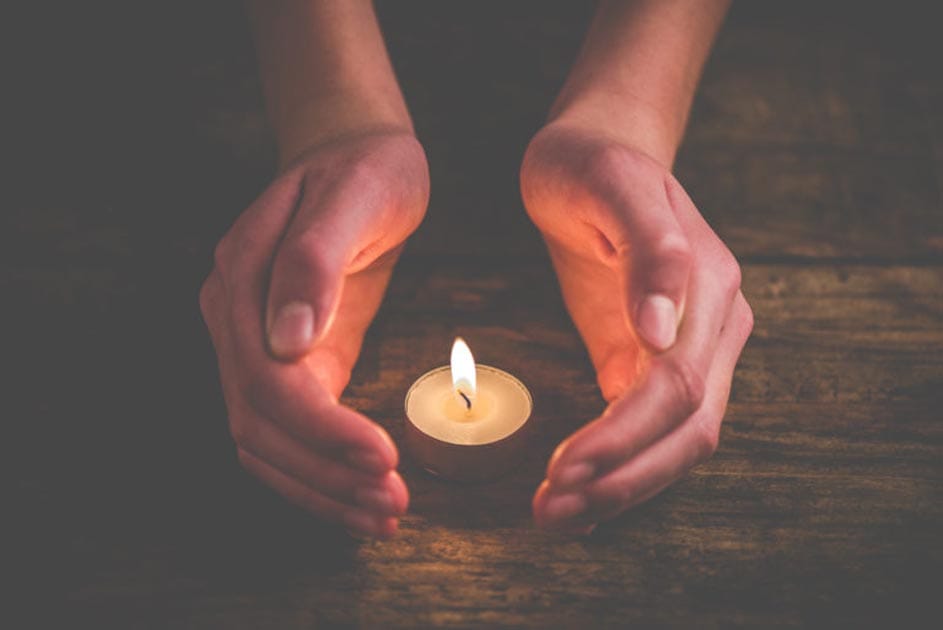
Trauma, Hope, and Healing
Human connection and intimacy are amongst the greatest things we can experience in this life. Sadly, past hurts and trauma can lead to an inability to connect in a way that feels safe and nurturing. Bessel van der Kolk in his book The Body Keeps the Score, states that “Trauma, whether it is the result of something done to you or something you yourself have done, almost always makes it difficult to engage in intimate relationships.” Trauma can result from a variety of life experiences: divorce, loss of a loved one, sexual abuse, growing up in a home with an addicted parent, physical abuse, emotional abuse, self-destructive choices which lead to loss of personal autonomy, the list goes on.
Trauma survivors often state that their past hurts no longer impact them because when they think of the event they are not angry or sad. While we can cognitively hold the belief that we have let go of a past experience, often times our current life experience tells a different story. Trauma can show up as anxiety, depression, anger outbursts, emotional shut-down during sexual encounters, procrastination in the face of challenging commitments … again, the list goes on. Trauma can cause an ongoing cycle of destructive and unwanted behaviors with an inability to change the pattern.
Each trauma is like a fingerprint, imprinted deep – beyond your conscious experience. Your personal past is unique and your path to healing is yours and yours alone. There are, however, basic steps towards erasing the imprint that trauma has made in your life.
- Awareness “Something just doesn’t seem right. I need something but am not clear about what it is that I need.” In this phase of recovery, you may not be clear on exactly what it is that needs healing. You may be uncertain about the cycles and patterns of behavior that are causing you trouble – you just know that something is not working and your intuition tells you that something needs to change. In the awareness phase, you may find yourself waffling. Denial will creep in and you may start to doubt your intuition – this can be viewed as the exploration phase.
- Acceptance “Okay, no more denial. Something within me is hurting, I cannot stop doing the things that are causing me trouble, and I know that I must do something if there is any hope to live a peaceful life.” It is in the acceptance phase that you can see your life for what it is. You may finally come to terms with childhood abuse and for the first time find yourself able to speak the truth about what happened. You may finally accept the impact that another’s drinking had on you. You may finally admit that damage that your own choices have caused in your life.
- Action “I will do whatever it takes, I cannot live this way for one more day.” Now you are ready for real, lasting change. Schedule an appointment with a therapist, go to a yoga class, attend a support group, get a journal and start writing about your experience, practice short breathing exercises that help you to become a little more present, read a book. Resources are abundantly available to you.
Love, connection, peace of mind. You deserve it. Where are you in your journey of healing?
Today I will be open to what life has to teach me. I will listen to my wisdom and take a moment to recognize how I am feeling. I will know that the very thought of seeking help means I am moving in the right direction. I will make a commitment to take care of myself in this day. I will do one thing today that will support my goal of living a peaceful life and creating healthy relationships.
